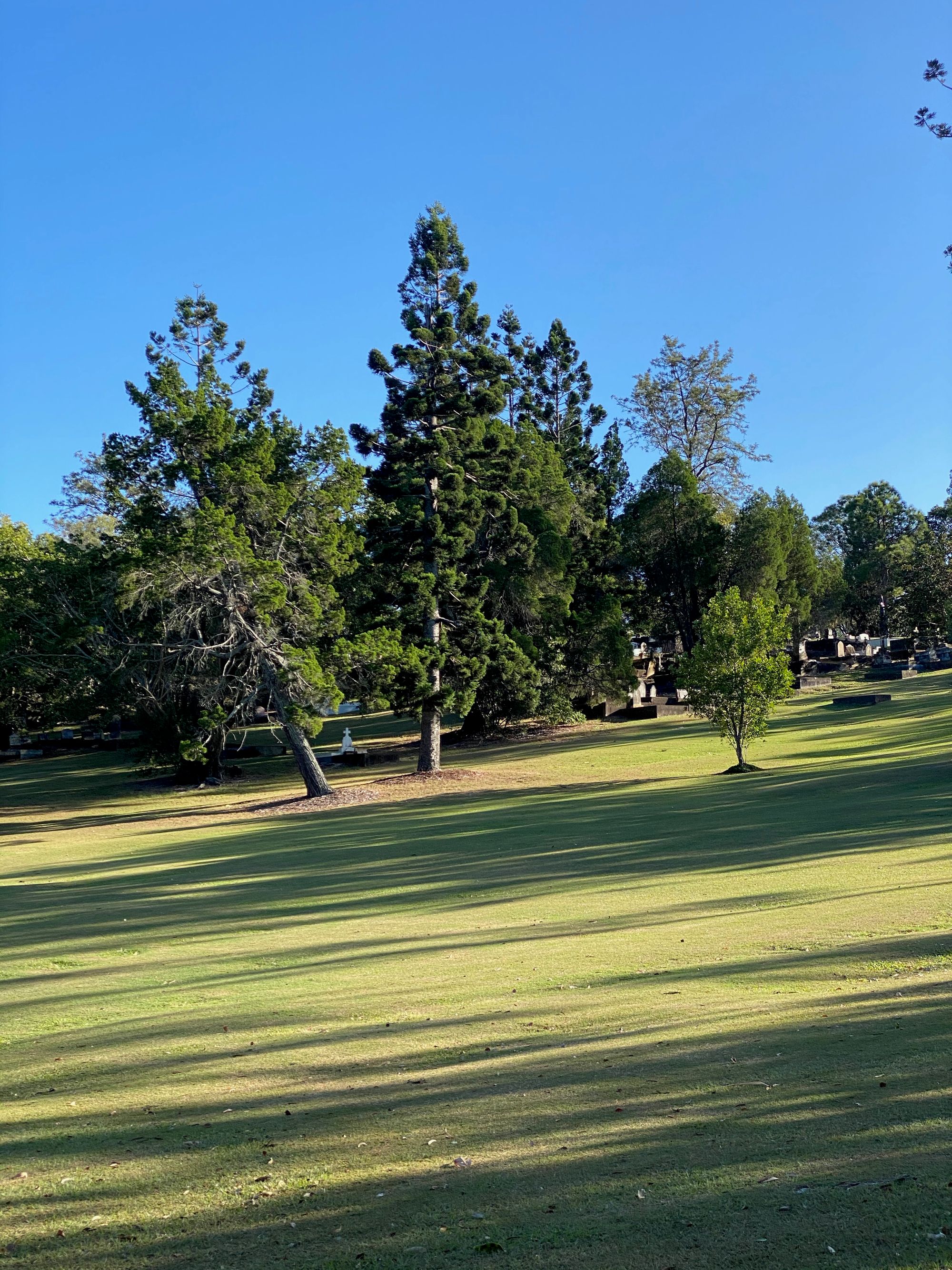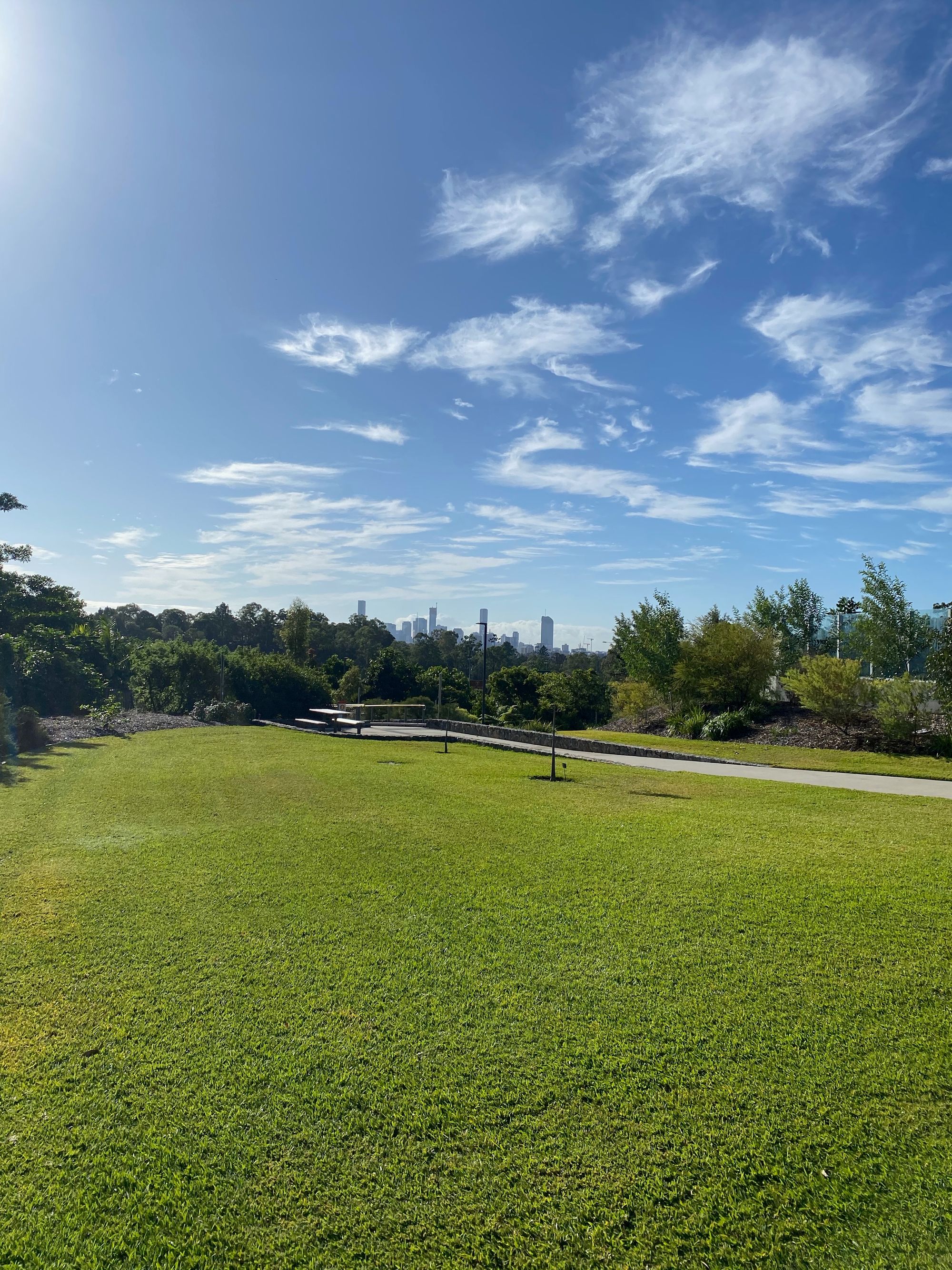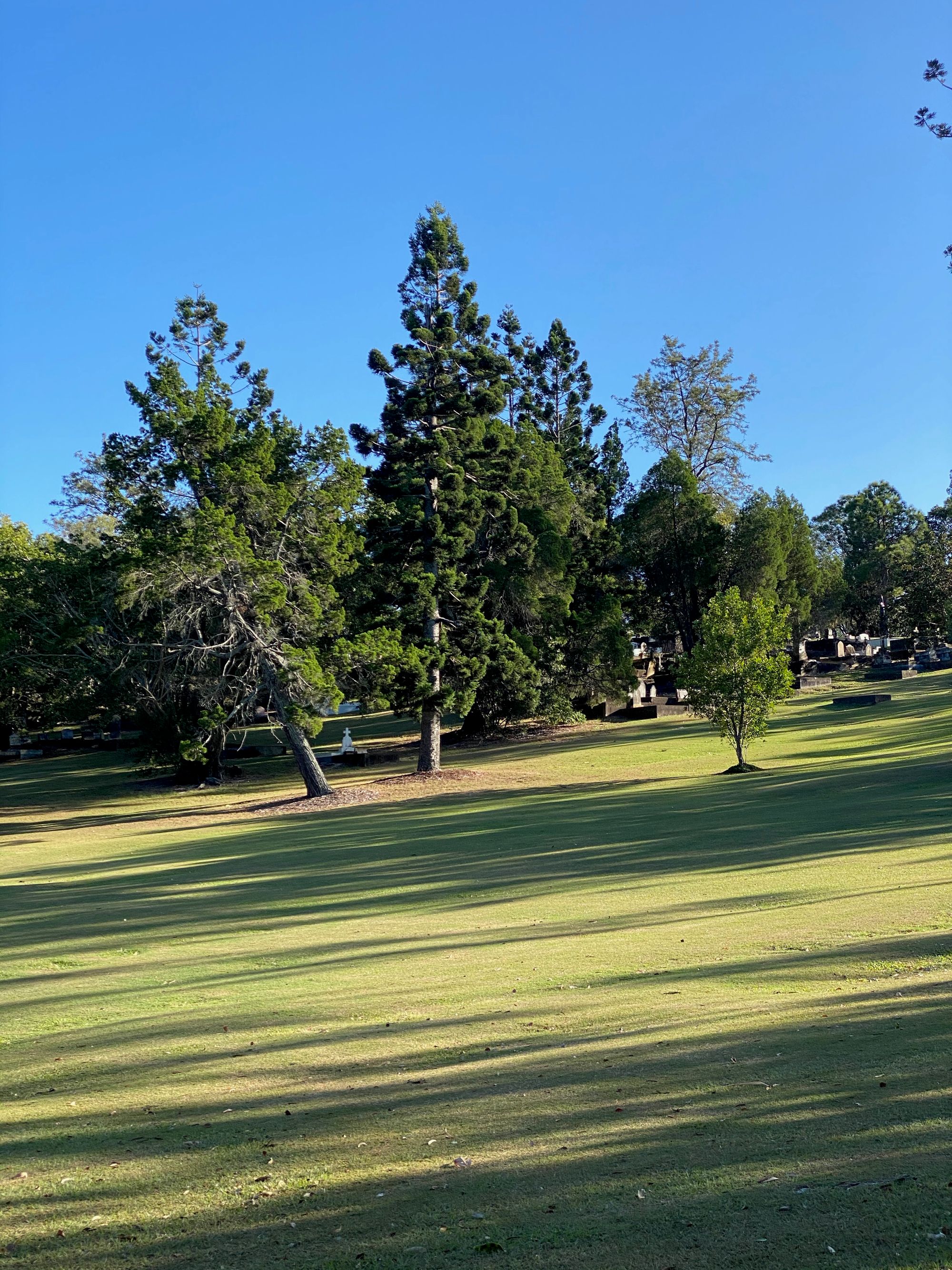I always despised people that went to the gym. The idea of training inside a box, paying money to do so, instead of exercising outside just baffled me. Until I got a job. Then the gym became a product - walk in, walk out, same temperature, same weather. A homogenous environment, in many locations, where I could just work on myself.
For the matter, I also disliked runners. Perhaps it's a trait of mine, but doing something as a means to an end just seems incredibly boring. I mentioned it to my grandmother one time, and she pointed out "When we were younger, you didn't see these people running about in their lycra. They didn't need to." They may have stronger working class roots than I do—as opposed to white collar workers, who just accrue sedentary debt.
Nonetheless, running outside is certainly less artificial than running inside. When the coronavirus hit, all the gyms shut down. After all these years of refusing this institution, having it forcibly removed from my life after 2 months was ironic. So, I began running, for real this time. That smacked me hard in the face; the treadmill has a linear difficulty curve, real terrain is bumpy. I couldn't run up the hill to save my life. Oddly enough, one of the first techniques that gave me an order-of-magnitude advantage was breathing properly – deep undulating breaths.
I've been running 3 days a week for 3 months now. Safe to say, this is now my longest running habit. This may seem ridiculous, how can you live so long without understanding how to do habitually do something, how to form a behaviour and change your life? Motivation is a funny thing. Americans have all sorts of products around this problem, so I know I'm not alone.
We are what we repeatedly do. Excellence, then, is not an act, but a habit
Most good adages seem to be cliché, which implies how useless they are without story. The above is a misquote of Artistotle, but I find the general idea repeated by everyone. Hedge fund managers, Aussie instagram artists like Struthless - they all repeat the same idea: if you want to get good at something, habits are key.
So what went into running that makes it something I'm more than motivated to do, every week?
The most difficult part of forming a habit is everything. They say take little steps.
- I began going to the gym, on a cruise. It was 2mins walk from my room, and the rest of the day was spent drinking and hanging with friends. That's pretty easy if you ask me.
- When we got off, I decided I'd join a gym. It took a bit of research to find one, before I just decided to do it. I selected Fitness First, on the basis they had a sauna - I love saunas, I can't have one at home, so I considered it a great reward as well as a connection to my family friends in Finland.
- Going to Fitness First meant I was close to a shopping centre. Buying a gym bag that would always hold some spare jellybeans (diabetes), as well as extra gym clothes so I wasn't laundrying all the time - these things were essential.
- Lastly, when FF shut down and we had to work from home, I had to scope out a running route. I had the other pieces to continue this valuable routine, now I had to replace the treadmill. The beauty of a treadmill is it closes the feedback loop - with the same settings, the same timer, you can be sure of your progress during and after every session. Running in circles is quite literally, demotivating.
I don't like to underestimate the emotional quality of this habit. My running route takes me through a cemetery opened in 1871, which is very old for Australia. I overlook the city sunrise in the early mornings, and weave through ornate graves of governors and Greek orthography in the arvo's. Some days I will pass into the Brisbane Botanic Gardens, immersing into a rainforest climate of 18 degrees, or take a meditative pause inside the Japanese gardens.






I wouldn't enjoy running as much without this attachment, though I still did it. Analysing the above, the difficulty was getting into it. I needed good weather, I needed clean gym clothes, and most of all, I needed jellybeans. But more abstractly, I actually needed the gym.
What I didn't know about habits was the essence of the feedback loop. I was well-aware that exercise was good amazing—the rush of endorphins, dopamine, jumpstarting my day with energy and arousal. But I had no route. Albeit I wasn't running in circles, but there was no sense of progress. And frankly, I didn't have a clue of how to choose one.
Nowadays I run the same route, on Monday's, Wednesday's and Friday's. I'm experimenting with varying my pace, breathing, and learning how much the heat factors into exhaustion (hint: for this half-brit, a lot). I find improved stamina when I'm distracted by thoughts, and I don't know why. Some days I'm arduously occupied by the run.
So how did I form this habit?
- Decided I wanted something - running.
- Started small - running at a gym on a cruise, 2mins from my room.
- Feedback - endorphins, alertness.
- Bought tools so I could do the thing more with less effort (leverage) - gym membership.
- Iterated on that core idea - going to a gym every morning before work.
- Feedback - feeling happier, fitter. Motivated.
- Rewarding myself - sauna and iced coffee from supermarkets.
- Bought leverage - gym clothes, bag.
- Feedback - routine is now even easier.
- Iterated on that core idea - ran a route around the neighbourhood one day.
- Iterated further - decided on a home running route.
- Reward - more beauty and novelty in my day-to-day.
- Kept running.
Final thoughts
Feedback loops?

Thanks to Alec, Jack, Bec, and Mum for reviewing the draft and feedback.
